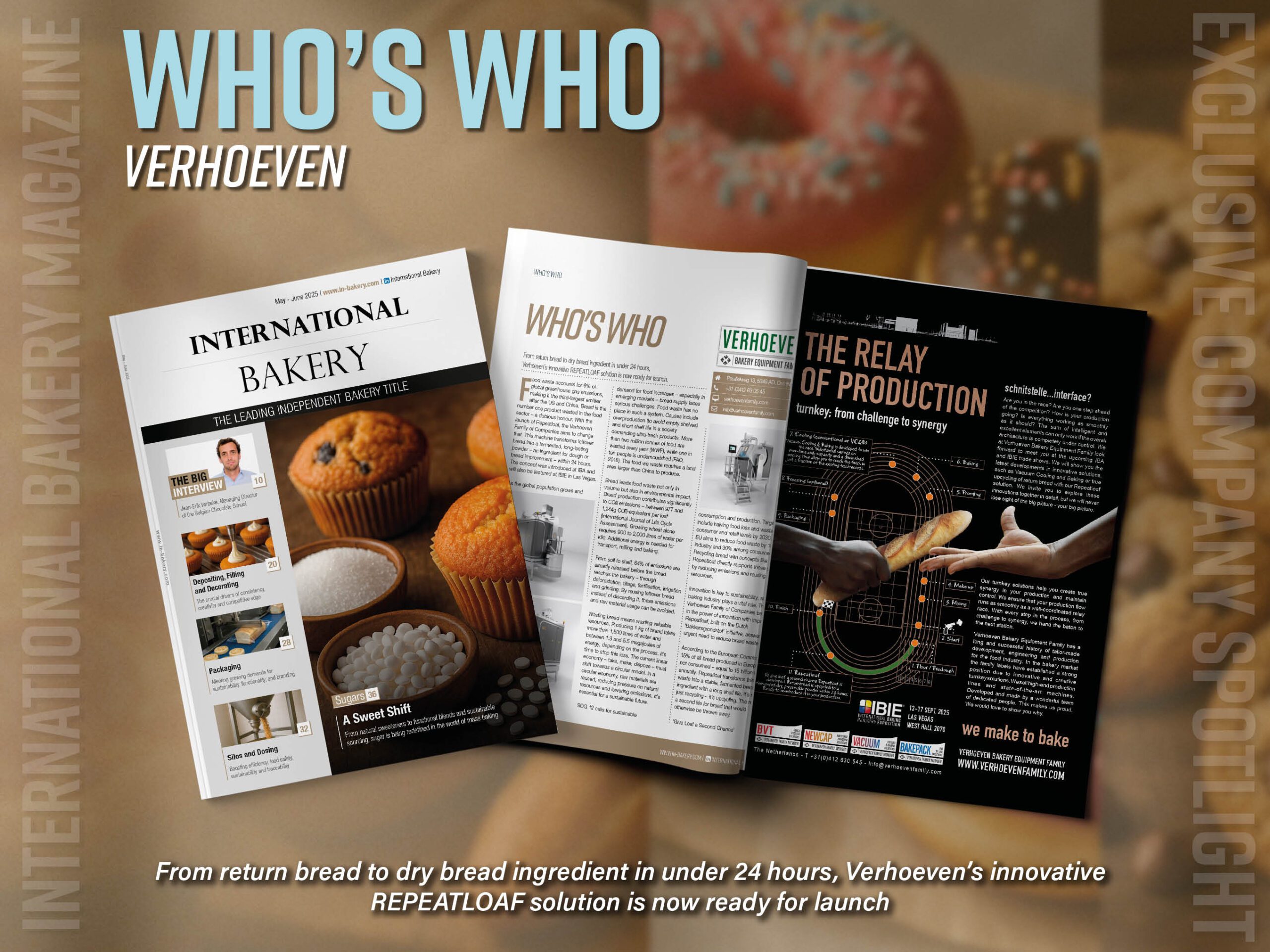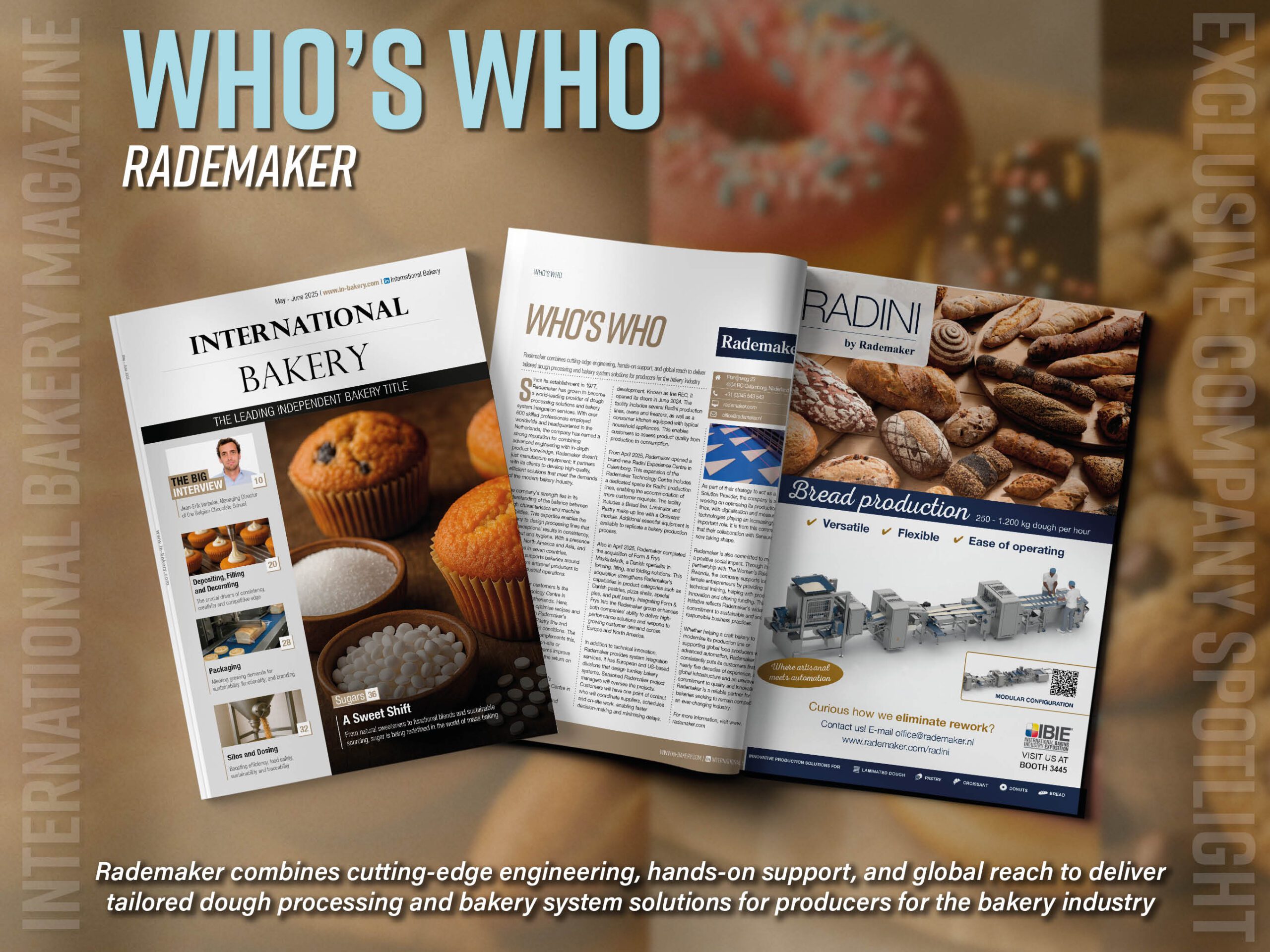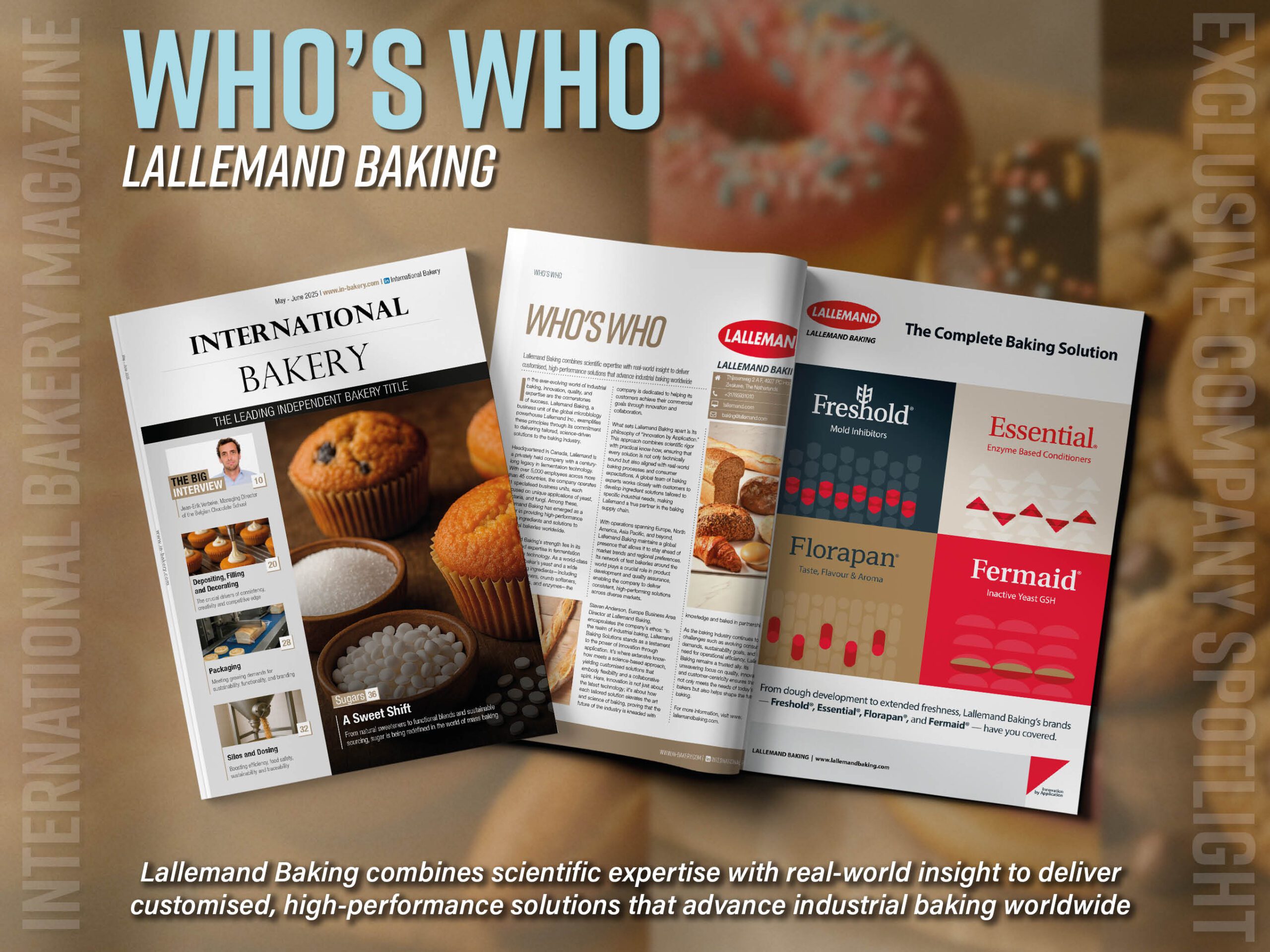The Insight Partners published latest research study on Dairy Alternatives Market to Forecast 2028 – COVID-19 Impact and Global Analysis – by Source, Product Type, Distribution Channel, and Geography,” The market is projected to reach US$ 51,656.58 million by 2028 from US$ 28,181.76 million in 2022; it is expected to grow at a CAGR of 10.6% from 2022 to 2028. Dairy Alternatives Market By Source (Soy, Almond, Coconut, Oats, and Others), Product Type (Milk, Ice Cream, Yogurt, Cheese, and Others), and Distribution Channel (Supermarkets & Hypermarkets, Convenience Stores, Online Retail, and Others)” includes the description of factors fueling the market growth, estimation and forecast of revenue, and identification of significant market players and their key developments. The report also provides a market share analysis.
Get Exclusive Access to Sample Pages of Smart Display Market Size – COVID-19 Impact and Global Analysis with Strategic Insights at: https://www.theinsightpartners.com/sample/TIPRE00004533/
Dairy Alternatives Market: Competitive Landscape and Key Developments
The key players operating in the dairy alternatives market include SunOpta; Blue Diamond Growers; Nestle SA; Danone S.A.; Oatly Inc.; Califia Farms, LLC; Valsoia S.p.A.; Lactasoy co.th.; Valio Ltd.; and Sanitarium. These companies are launching innovative products to attract a large number of consumers. For instance, Take Two Foods, one of the key manufacturers of plant-based milk, offers nutrient-enriched barley milk with a complete portfolio of nutrients such as protein, fiber, calcium, and unsaturated fats. The company uses spent barley or upcycled barley from the beer-brewing process to manufacture its barley milk. Such innovative products are expected to gain immense popularity among consumers over the coming years.
Schedule A Pre-Sale Discussion with The Author Team in A Slot That You Prefer to Address Queries on Scope of the Study, Customization, Introduction to Research Methodology, Assistance on Technologies and Market Definitions: https://www.theinsightpartners.com/inquiry/TIPRE00004533/
The Middle East & Africa dairy alternatives market is expected to register the fastest CAGR during the forecast period. Consumers in the UAE and the rest of the Middle East & Africa are becoming increasingly conscious of the influence of food on their health. Various efforts by governments to tackle obesity in their nations boosted the awareness regarding health and wellness among consumers in the Middle East & Africa. For instance, in March 2022, the UAE government organized a joint meeting to discuss the roadmap for tackling obesity in the country. Such initiatives result in various lifestyle changes that influence various markets, including the dairy alternatives market across the Middle East & Africa.
Surging Demand for Functional Dairy Alternatives to Drive the Market Growth
Nowadays, consumers are increasingly seeking functional benefits from the products they consume. They are looking for products with high nutrient content to fulfill their daily nutritional requirements. The dairy alternatives manufacturers are incorporating functional ingredients, such as antioxidants, collagens, adaptogens, and nootropics, in their products to meet the rising demand for functional dairy alternatives. For instance, back in March 2019, Pop and Bottle, a manufacturer of plant-based lattes, launched a new line of functional oat milk lattes with added ingredients such as collagen, adaptogen, and antioxidants. The oat milk latte is cold brew and is certified organic. The addition of functional ingredients enhances the popularity of the products and boosts their adoption among consumers. Thus, the surging demand for functional dairy alternatives is driving the growth of the dairy alternatives market.
Dairy alternatives are made using plant milk such as soy milk, pea milk, almond milk, and coconut milk. Soy milk is more affordable than other plant milk, and it provides a similar amount of protein as whole milk. For instance, 1 liter of whole dairy milk contains 8 g of protein, whereas the same amount of soy milk has 7 g of protein. Thus, soy milk is the ideal replacement for dairy-based milk and milk products. Consumers are highly inclined toward plant-based or vegan-friendly products due to increasing health concerns and increasing awareness of animal welfare. Plant-based products are generally perceived as healthier than conventional ones. This factor is primarily driving the dairy alternatives market size expansion.
Media contact
Roshini Bains
Editor, International Bakery
Tel: +44 (0) 1622 823 922
Email: editor@in-bakery.com






